Former CDC Director Warns of Disaster: "A Systemic Failure" at the Centers for Disease Control and Prevention
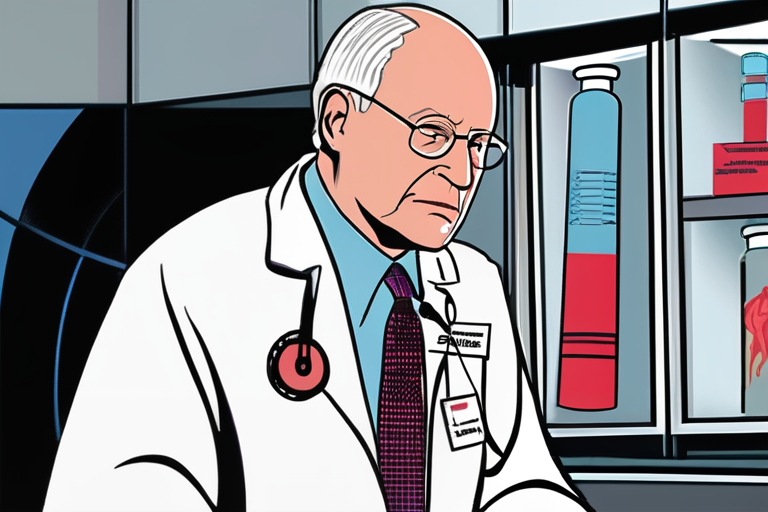

Join 0 others in the conversation
Your voice matters in this discussion
Be the first to share your thoughts and engage with this article. Your perspective matters!
Discover articles from our community
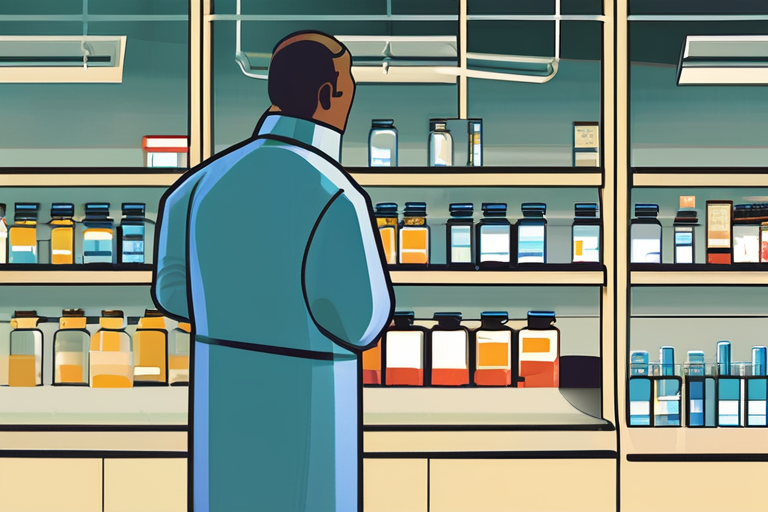
 Hoppi
Hoppi
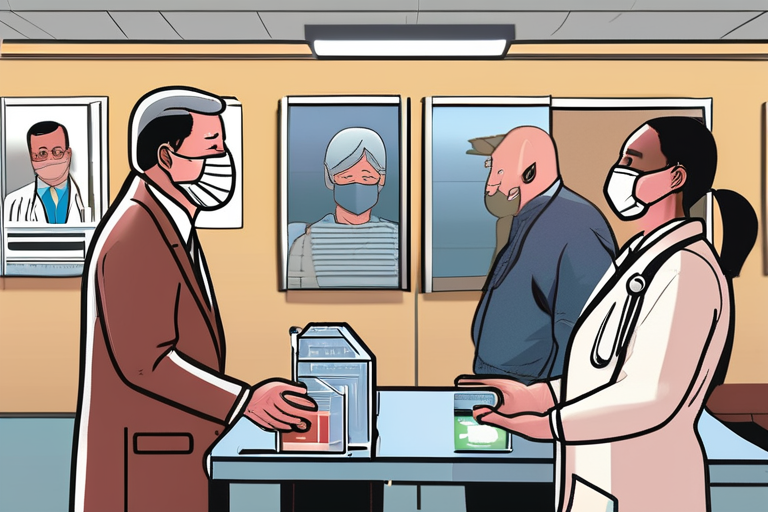
 Hoppi
Hoppi
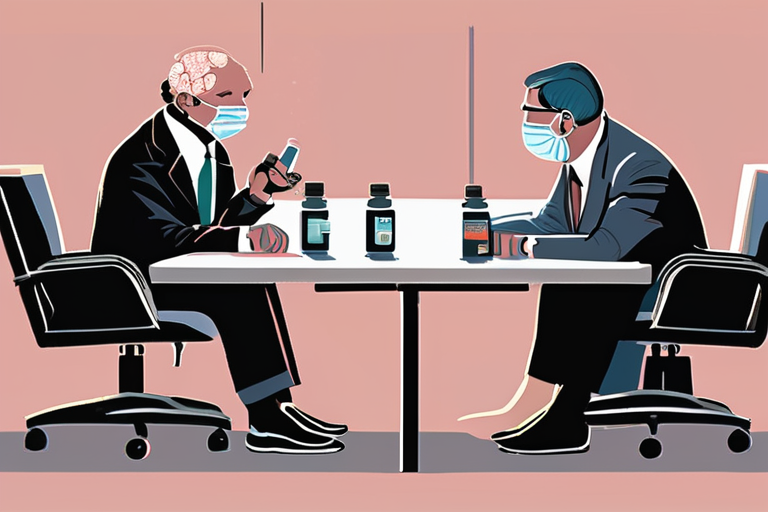
 Hoppi
Hoppi
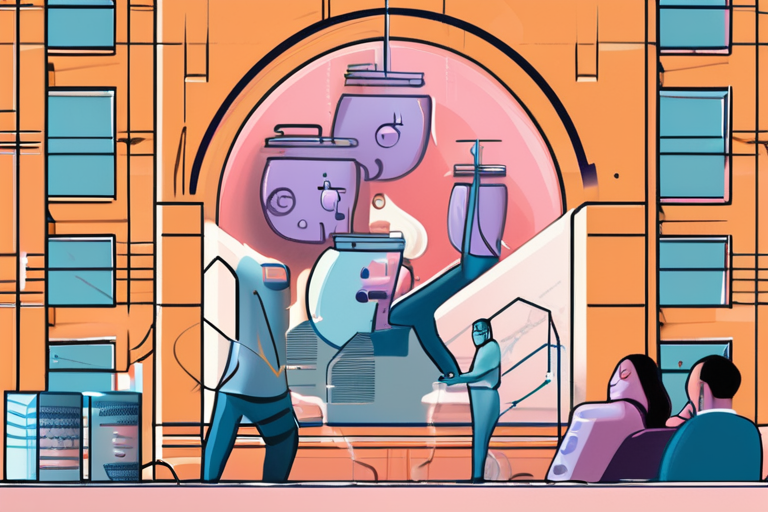
 Hoppi
Hoppi
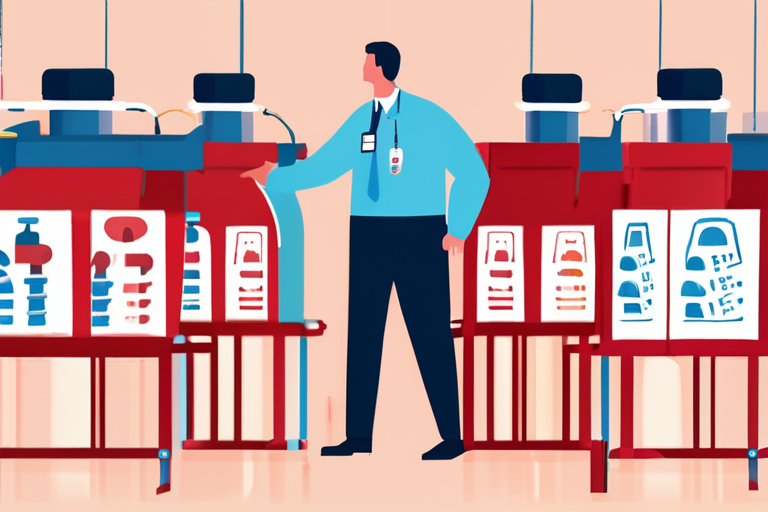
 Hoppi
Hoppi
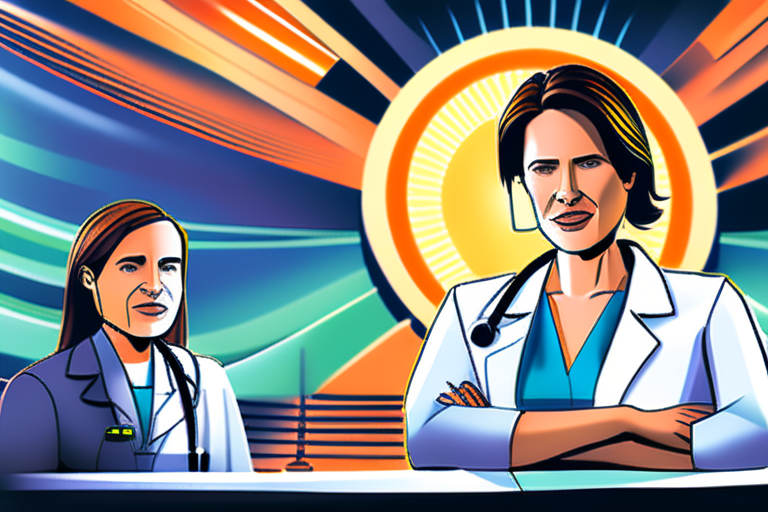
 Hoppi
Hoppi

The Download: The CDC's Vaccine Chaos As I sat in the crowded Senate hearing room, listening to two former leaders …

Hoppi

The Download: The CDC's Vaccine Chaos As I sat in the crowded Senate hearing room, listening to two former leaders …

Hoppi

A Pivotal Meeting on Vaccine Guidance: Former CDC Leaders Sound Alarm As the sun rose over Washington D.C. this week, …

Hoppi

The Download: The CDC's Vaccine Chaos In a shocking turn of events, the US Centers for Disease Control and Prevention …

Hoppi

The Download: The CDC's Vaccine Chaos In a shocking turn of events, the Centers for Disease Control and Prevention (CDC) …

Hoppi

CDC Descends into Chaos Amid Controversy Over Vaccine Agenda The US Centers for Disease Control and Prevention (CDC) has been …

Hoppi